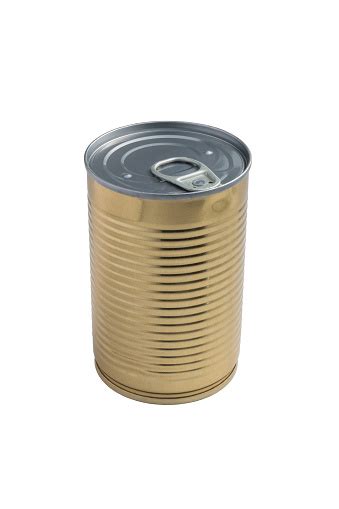With fuel prices constantly fluctuating, finding ways to stretch your budget is more crucial than ever. While you can’t control the price at the pump, you absolutely can control how much fuel your car consumes. By adopting a few simple yet effective smart driving habits, you can significantly cut down your monthly fuel expenses and contribute to a greener environment.
Embrace Smooth Acceleration and Gentle Braking
Aggressive driving, characterized by rapid acceleration and sudden braking, is one of the biggest fuel guzzlers. Each time you floor the accelerator, your engine injects more fuel, much of which is wasted if you then have to brake hard shortly after. Instead, practice accelerating gradually and anticipating traffic flow to allow for gentle deceleration.
Imagine your car has an egg under the accelerator pedal – pressing too hard will break it. This smooth approach not only conserves fuel but also reduces wear and tear on your brakes and tires, saving you even more money in the long run. Aim for a steady, progressive increase in speed and give yourself ample stopping distance.

Maintain a Consistent, Moderate Speed
Every vehicle has an optimal speed range for fuel efficiency, typically between 45 and 55 mph. Driving above this range dramatically increases fuel consumption due to air resistance. For instance, increasing your speed from 60 mph to 70 mph can increase fuel consumption by as much as 15-20%.
Utilize cruise control on highways to maintain a constant speed, avoiding unnecessary acceleration and deceleration. This helps your engine operate at its most efficient RPM. When not using cruise control, try to keep your speed as steady as possible, avoiding “yo-yo” driving where you constantly speed up and slow down.
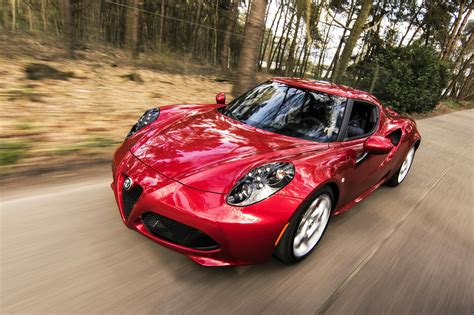
Ensure Your Tires Are Properly Inflated
Underinflated tires are a silent thief of fuel efficiency. When tires lack the correct air pressure, they create more rolling resistance, forcing your engine to work harder to move the vehicle. This can reduce your fuel economy by up to 3% for every 1 PSI drop below the recommended pressure.
Check your tire pressure at least once a month, including your spare. You can find the recommended pressure levels on a sticker inside your driver’s side door jamb or in your vehicle owner’s manual. Correctly inflated tires not only save fuel but also improve handling, increase tire lifespan, and enhance safety.
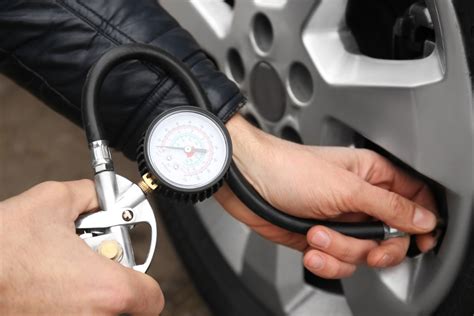
Prioritize Regular Vehicle Maintenance
A well-maintained vehicle runs more efficiently. Simple maintenance tasks like regular oil changes, air filter replacements, and spark plug checks can have a significant impact on your fuel economy. A dirty air filter, for example, can reduce your fuel efficiency by up to 10% by restricting airflow to the engine.
Ensure your engine is tuned up according to your manufacturer’s recommendations. Oxygen sensor issues or a faulty mass airflow sensor can also drastically increase fuel consumption. Investing in preventative maintenance can save you much more than just fuel; it can prevent costly repairs down the line.
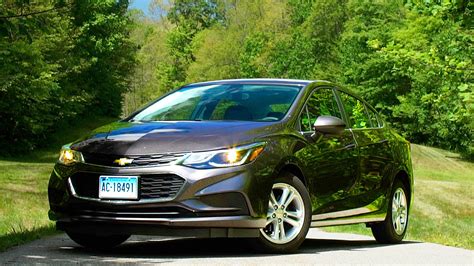
Minimize Idling and Lighten Your Vehicle’s Load
Idling your car for more than 10 seconds uses more fuel than restarting it. Modern engines are designed to be efficient on startup. If you’re waiting for someone, at a long train crossing, or stuck in prolonged traffic, it’s often more fuel-efficient to turn off your engine.
Furthermore, unnecessary weight in your vehicle forces the engine to work harder. Remove any heavy items you don’t need, such as sports equipment, tools, or anything stored in the trunk or backseat. For every 100 pounds of extra weight, your fuel economy can decrease by 1-2%, especially noticeable in smaller vehicles.
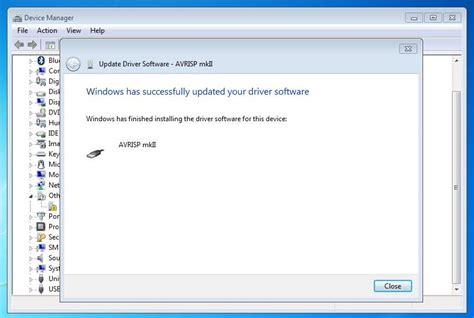
Plan Your Routes and Combine Trips
Efficient trip planning can dramatically reduce your mileage and, consequently, your fuel consumption. Before heading out, check maps for the most direct routes and avoid known traffic hotspots. Navigation apps can provide real-time traffic updates and suggest alternative paths.
Also, try to combine multiple errands into a single trip. A cold engine uses more fuel than a warm one, so making several short trips from a cold start is less efficient than one longer trip where the engine stays warm. Grouping errands not only saves fuel but also saves you time.
Conclusion: Drive Smarter, Save More
Implementing these smart driving habits is a straightforward and effective way to take control of your fuel budget. From smoothing out your acceleration to keeping your tires properly inflated and planning your routes, each small change contributes to significant savings over time. Not only will your wallet thank you, but you’ll also be reducing your carbon footprint, making a positive impact on the environment. Start adopting these habits today and watch your monthly fuel expenses shrink!
